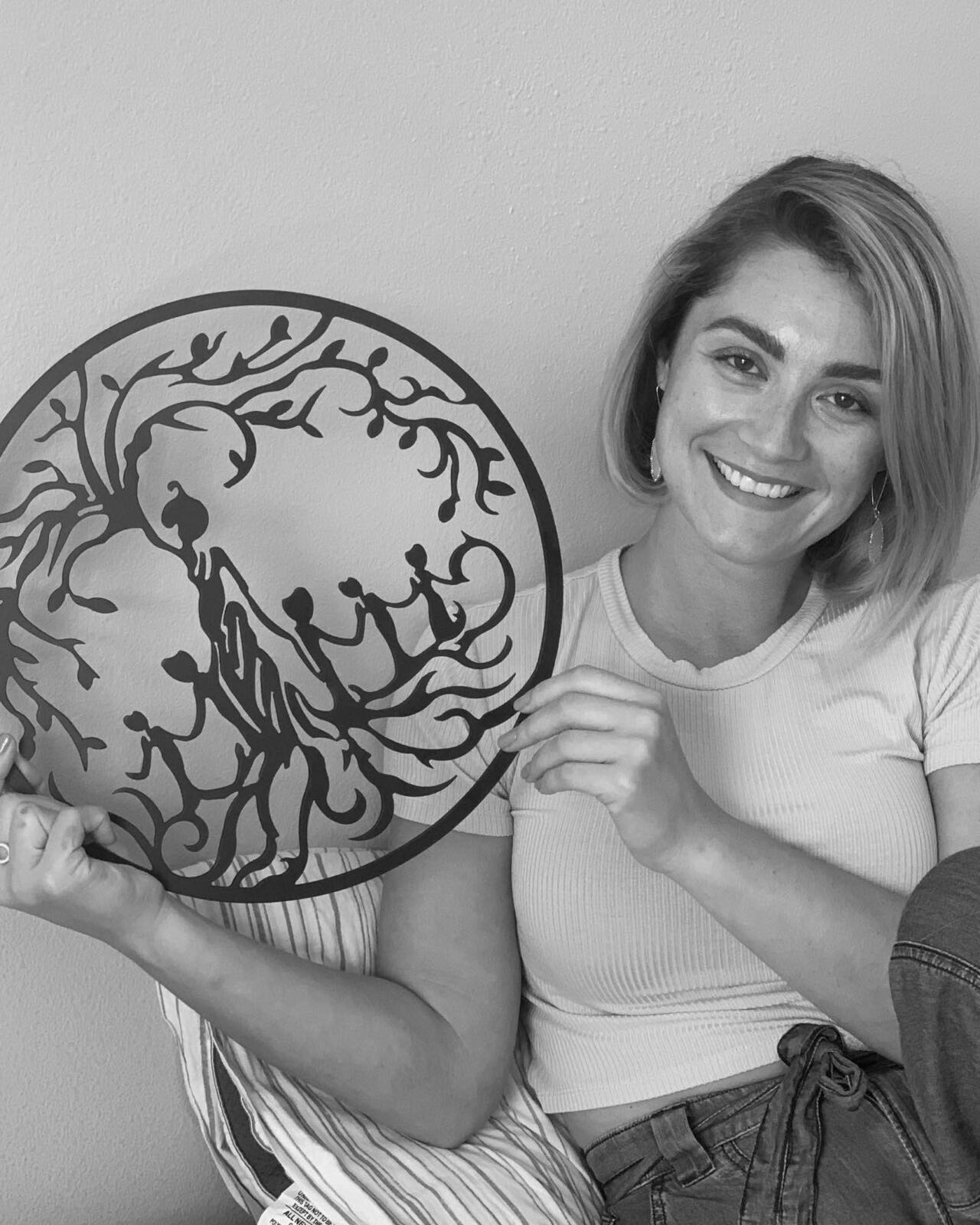Extending Mercy & Ending the Cycle of Abuse
The abuse doesn’t end even after leaving. Learn the challenges survivors and their dependents face, how we help them navigate their present without sacrificing the future.
Our Beginning.
While sharing coffee and donuts in my garage, two fellow survivors and I were lamenting how there wasn’t nearly a big enough support network to help survivors escaping domestic violence and abuse. The common theme we kept returning to is that the repercussions of abuse don’t end even after fleeing the relationship: that houselessness, job loss, food and security concerns become a real, every-day part of life for months and often years to come.
Our Mission.
We support survivors of domestic violence, with dignity and without judgment, though community-based housing, health, and support programs when fleeing from and rebuilding after abusive relationships.
Currently, we’re directly working to tackle the first of the six barriers — housing — and are raising funds for community housing in Southeast Washington.
Overcoming Despair
Barriers keep survivors in a hopeless situation, and at worse can even drive survivors back to their abusers out of economic and emotional despair. The path is hard and uncertain — and survivors have to walk it blindly and alone.
I know those feelings well.
When I’m not wearing my “survivor” hat, I wear an “entrepreneur” hat and from that arena I know all too well how challenging it can be for someone to blindly invest while you’re still solving all the challenges or overcoming all the roadblocks. People want known. People want stability. I’ve been told “you’re too risky” or “I like you, I wish I could help” too many times. If you’ve ever pitched or started a business, you know what I mean.
For survivors, there’s an immediate parallel.
DIANA NICORICI, PRESIDENT – THE BLIND INVESTMENT
Saving the Future, by Investing in the Present
When a new employee is houseless — that’s a risk and a barrier to stable employment, and might make employers think twice. When a new hire can’t show up because transportation and childcare can sometimes be sporadic, or they’re being called away to deal with legal issues, it’s not unreasonable for them to question consistency.
But these people aren’t “too risky” — they’re actively dealing with the costs of the abuse, and they need help finding stability so they can transition back into something approaching normalcy. They can, and should, be welcomed with open arms.
They just need a little help.
Facts & Resources
GIVE HER WINGS, INC
GETTING OUT
It takes an average of 7 attempts for a survivor to leave their abuser and stay separated for good. When there are children involved, this number is easily doubled.

HELP WOMEN IN ABUSE
COSTS OF LEAVING
The lifetime cost of intimate partner violence alone—including the costs of health problems, lost productivity & criminal justice costs—is $103,767 for women and $23,414 for men.

LIFE SAVING DIVORCE
OUT OF THE STORM
Impact Timeline
We’re working quickly to develop programs and support networks for each barrier to healthy healing after abuse. Our goal is to have multiple self-sustaining programs for housing, employment, healthcare, childcare, transportation, and legal support.
Check back soon to keep track of our progress!
- Housing – Program Launch
- Employment – Planning
- Childcare – Planning
Our Support
If you see the challenge, want to support our mission to help provide survivors with resources and support, or need help yourself we’d love to hear from you.
Healing Starts Here
If you need help or would like to support our mission, we’d love to hear from you.

